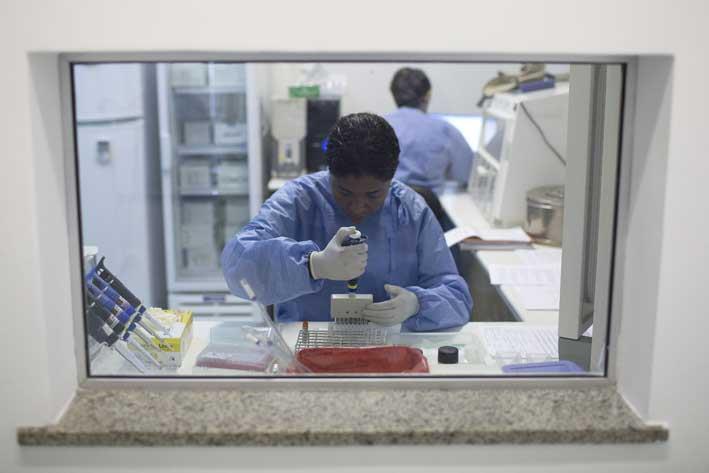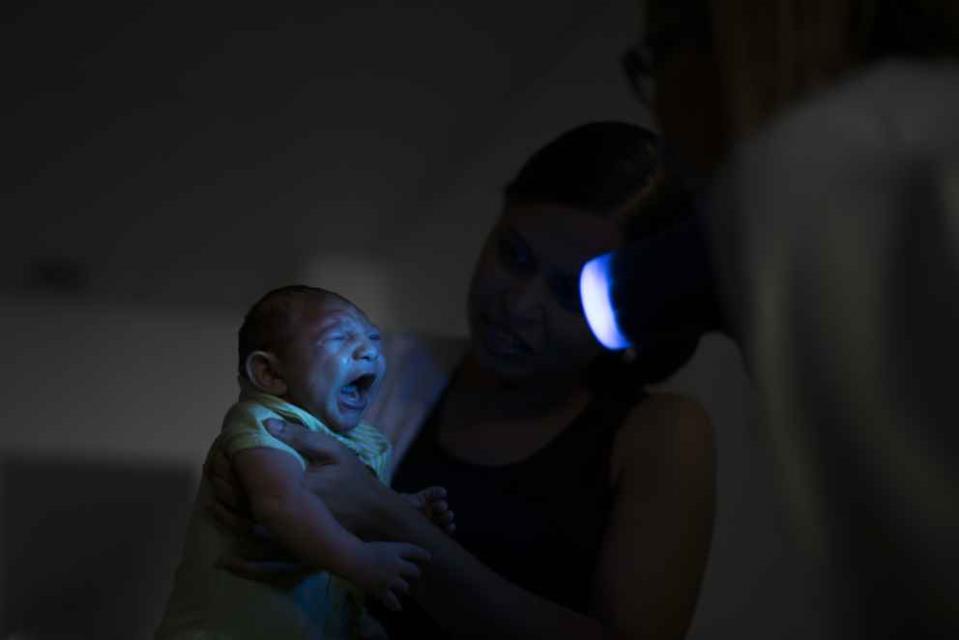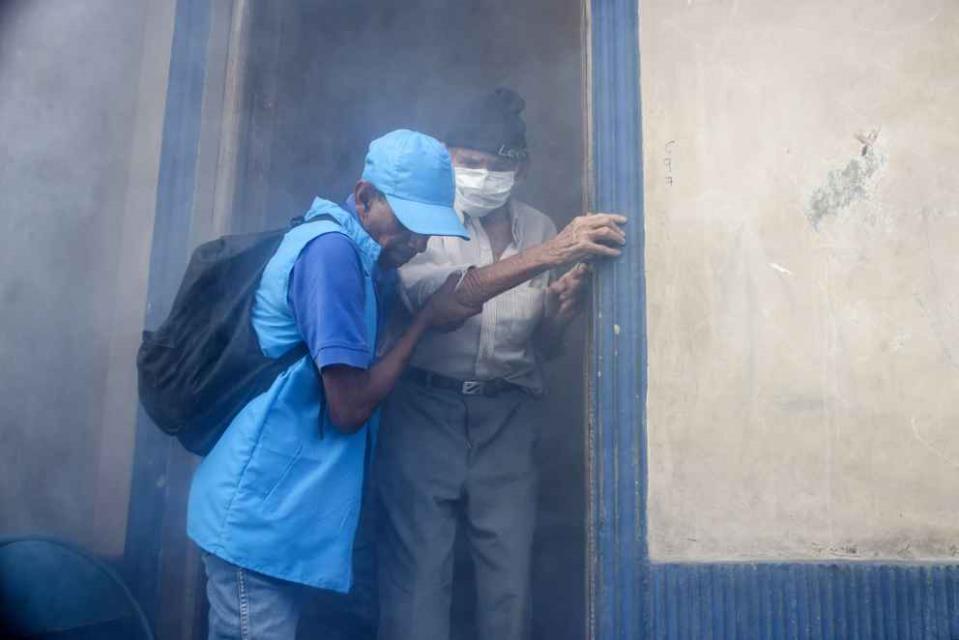The Zika virus is a mosquito-borne virus transmitted mainly by Aedes aegypti and Aedes albopictus mosquitoes, usually during daytime. Infection with the virus has been linked to microcephaly, which is a birth condition leading to babies born with smaller heads, leading to possibly brain damage.
Only 20% of people infected actually show any symptoms. These include mild fever, joint pains, headaches, an itchy rash and conjunctivitis. The symptoms usually develop between 3 and 12 days from the mosquito bite.
Although transmission between humans is rare, there are three ways it can be transmitted other than by an infected mosquito. These are from mother to baby during pregnancy or childbirth, from an infected partner during unprotected sex and from a blood transfusion.

As of yet, there is no available vaccine or antiviral for the virus and treatment is usually given to relieve the fever and pain the symptoms. However, most infected people do tend to make a full recovery.
The Malta Independent spoke to the Health Department about the local situation regarding this virus.
When asked about how real the threat is globally and locally, we were told that the Zika virus epidemic continues to spread in the Americas. On 1 February 2016, the WHO Director-General declared a Public Health Emergency of International Concern regarding clusters of microcephaly cases and other neurologic disorders in some areas affected by Zika virus. The threat of spread of the disease in areas where it is endemic is real.

As of 4 February, no Zika virus transmission from within EU countries has been reported. However, in 2015 and 2016, several EU countries reported imported cases who had recently travelled in affected countries. These countries are Austria, Denmark, Finland, France Germany, Ireland, Italy, Portugal, the Netherlands, Spain, Sweden and the UK. No cases have been reported in Malta.
It was pointed out that it is important that people are aware of this disease and how it is transmitted. Travel advice is the main focus of the information which has been given out by the health authorities until now whereby people who will be going to such areas are advised on prevention of mosquito bites. Pregnant women are advised to defer from going to such countries. People coming from such endemic countries cannot donate blood for 28 days after arrival.
When asked whether there are precautions being taken by the ministry in hospitals and health centers to stop the spread, the department responded that actions taken are in line with those recommended by the WHO and include ongoing monitoring of the international situation, travel advice for people who plan to travel to affected areas and for those returning, information for the general public, information to health professionals and availability of diagnostic facilities at Mater Dei laboratories.

A working group has been set up between the health authorities and the University of Malta to advise on vector control measures.
WHO has declared the virus as a ‘Public Health Emergency of International Concern’. However, although information is provided to health personnel on the Zika virus; one needs to remember that the main mode of transmission is through the bite of an infected mosquito.
Information about the virus has been made available to the public on the Department of Health’s website compiled by The Infectious Disease Prevention and Control Unit. This includes general information, preventative measures, the effects of Zika and pregnancy and a list of affected countries.